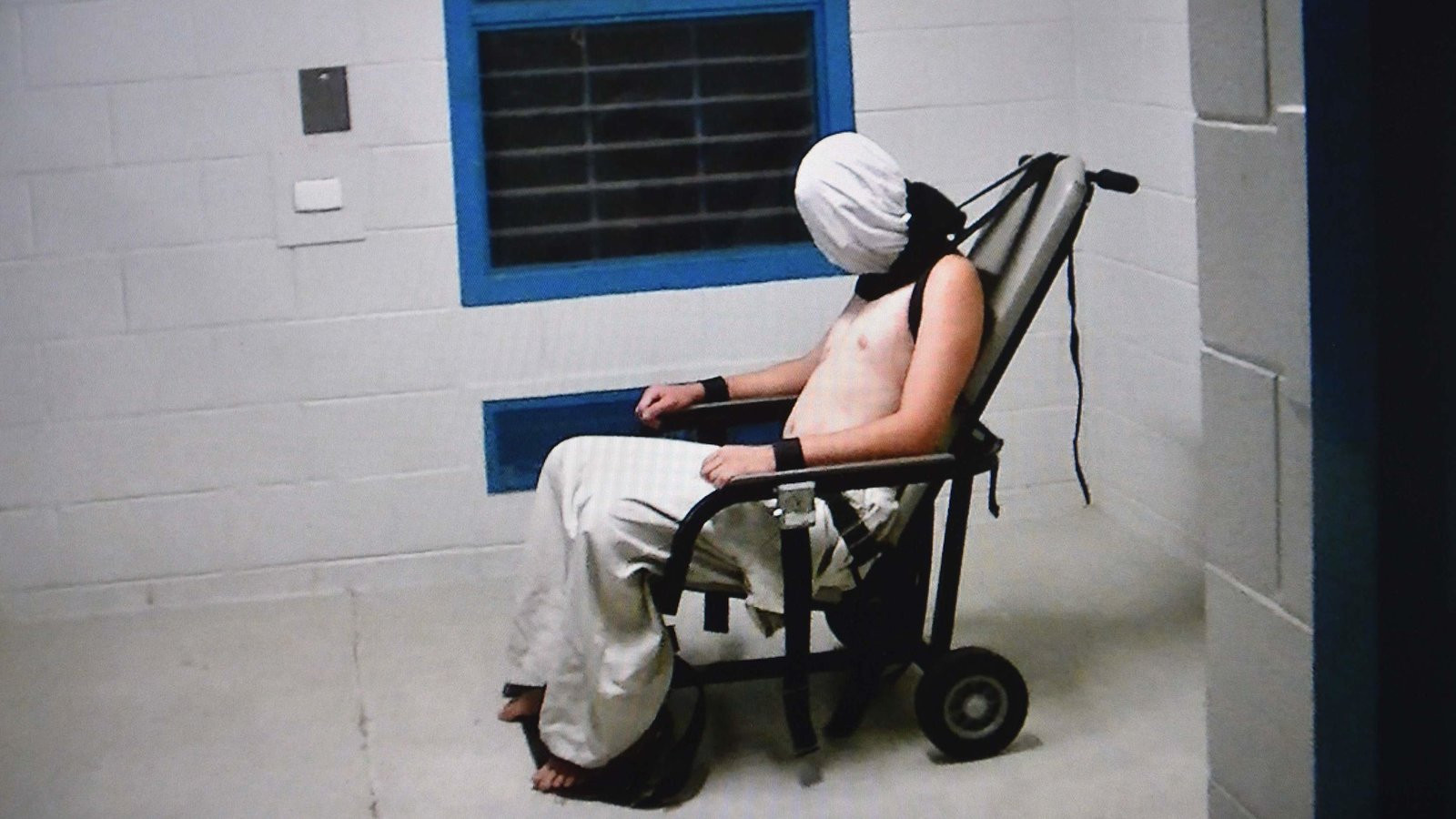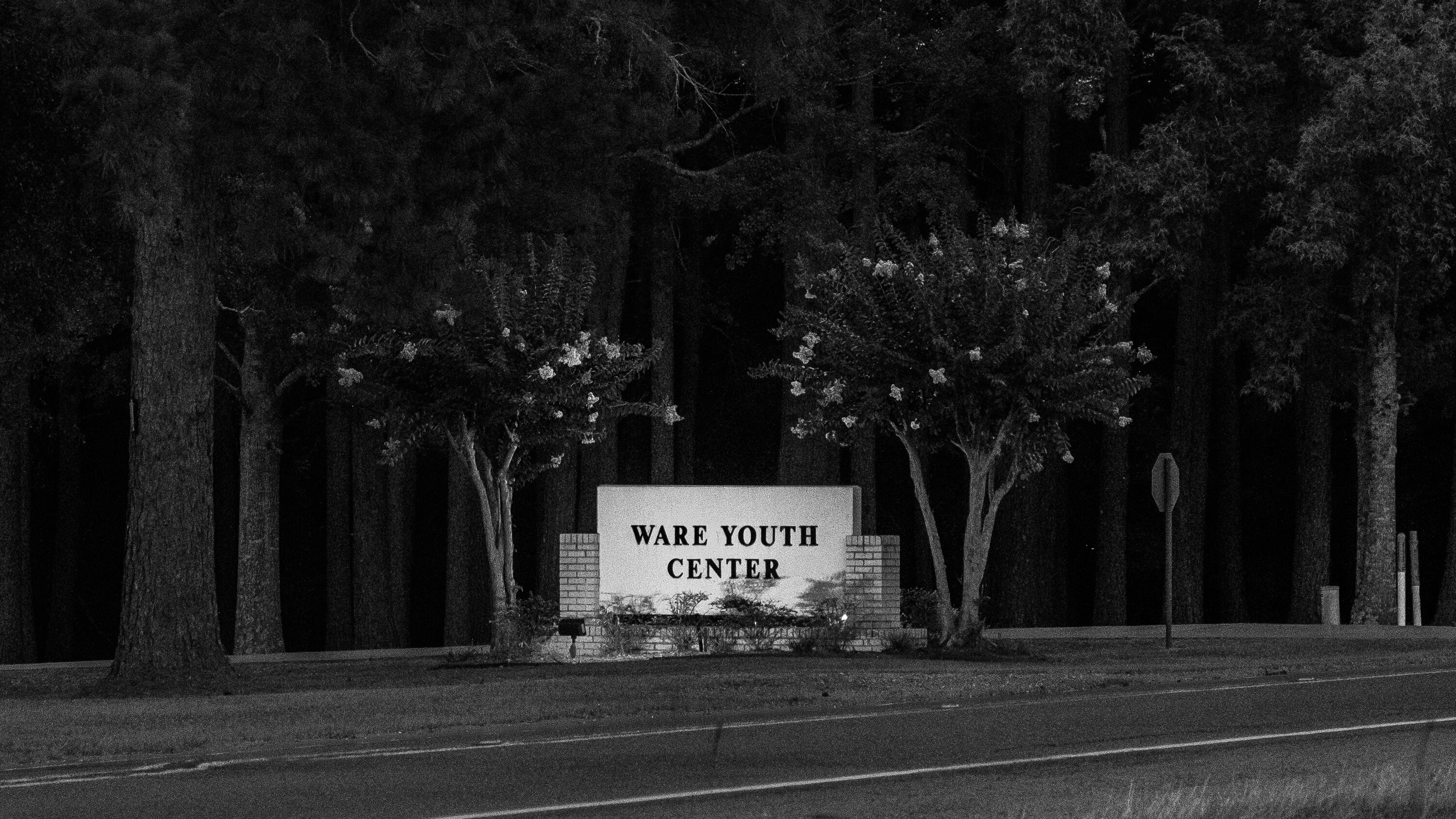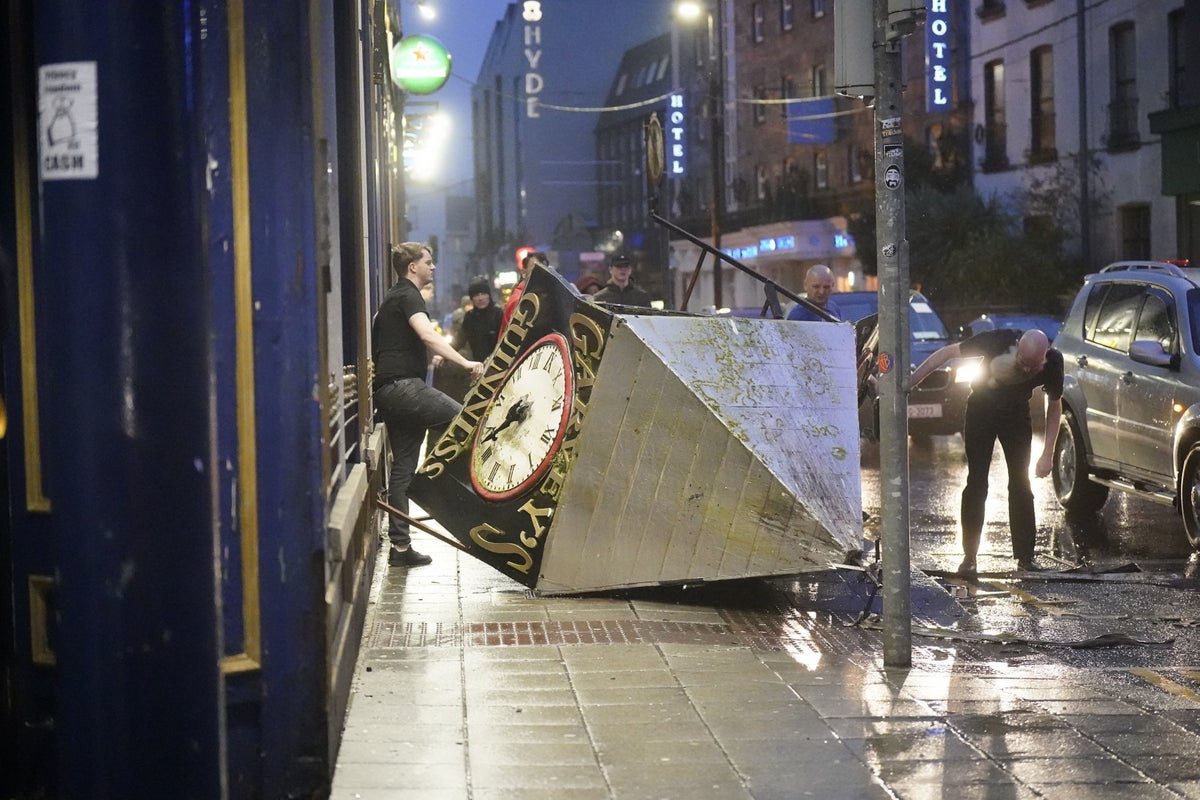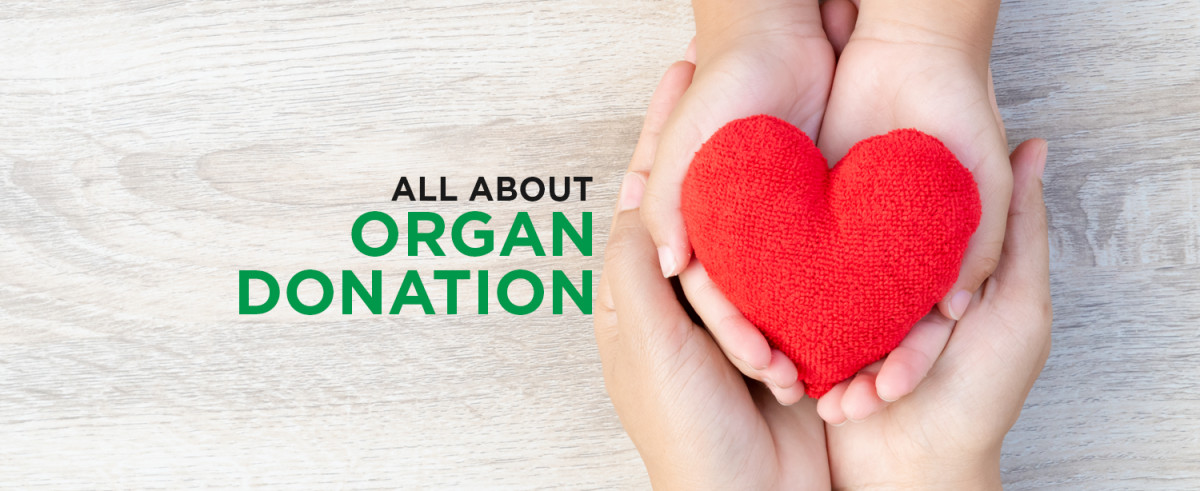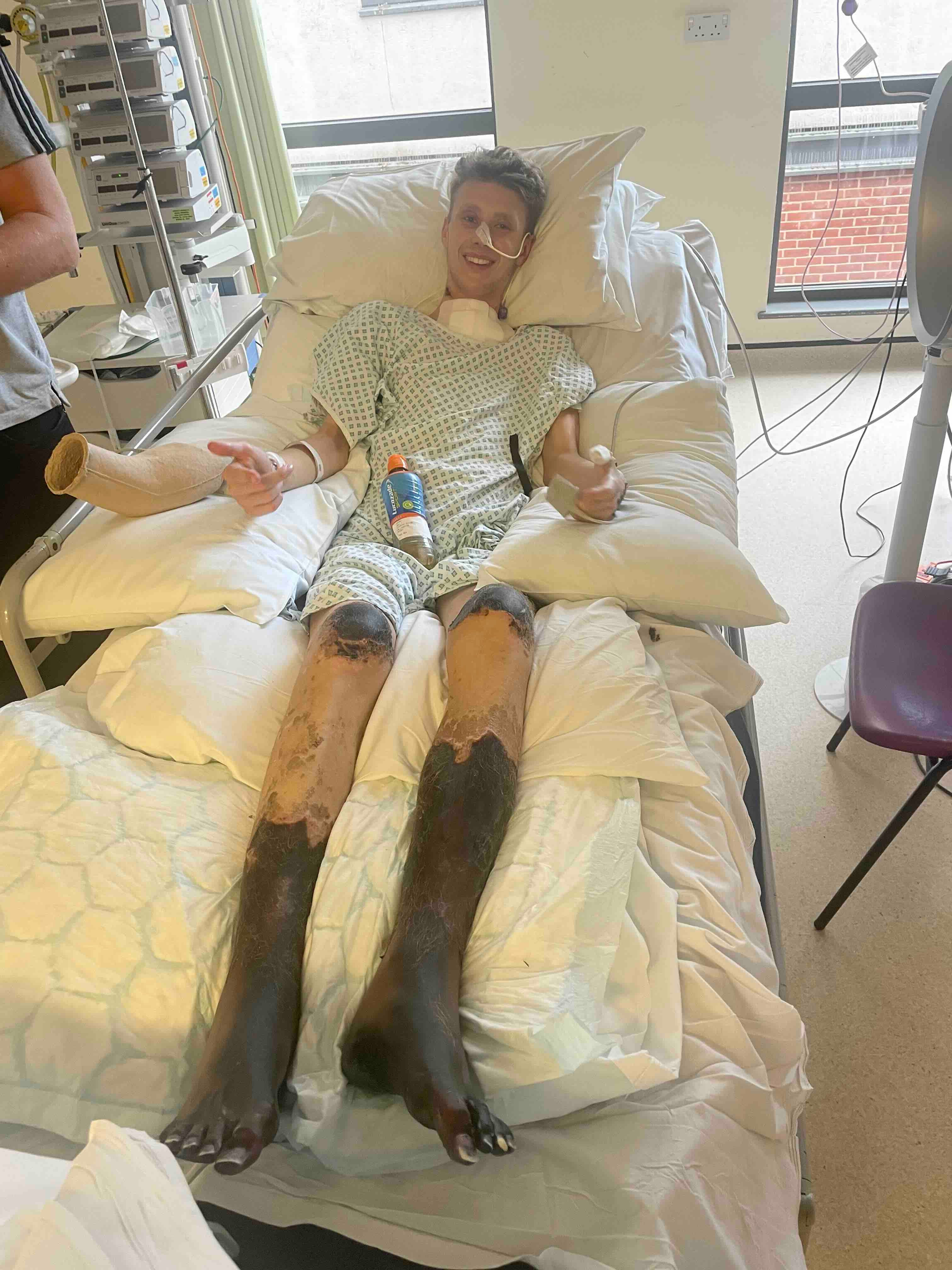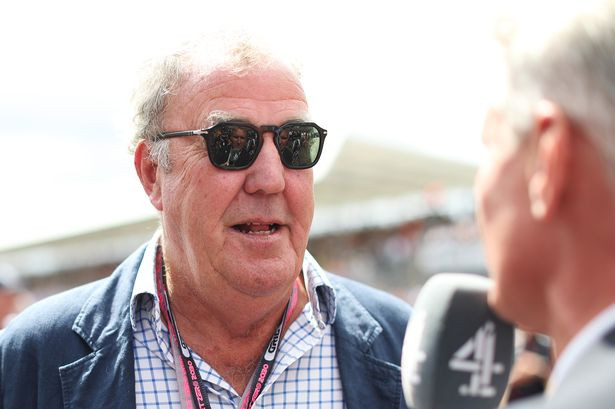An Aboriginal teenager has died by suicide at a youth prison in Perth, Western Australia (WA). The 17-year-old had spent only two days in custody before he was found unresponsive in his cell on Thursday and could not be revived, state authorities say.
Deaths in juvenile detention centres are rare, though this is the second in the state in under a year. "This is a horrible, horrible event," WA premier Roger Cook said when announcing an investigation on Friday morning. "Clearly a failure has taken place and we will undertake the important task of understanding the circumstances."
The teenager - who has not been identified - had arrived at the centre on Tuesday in an intoxicated state and so had been placed in an intensive supervision unit due to concerns for his health. However there were no signs of mental distress, Commissioner of Corrective Services Brad Royce told reporters.
The boy had spent most of Thursday afternoon outside of his cell, and had been checked on by staff ten times in the hours before his death. The incident comes ten months after 16-year-old Cleveland Dodd became the first recorded death at youth detention centre in the state.
Investigators this year cleared prison staff of serious misconduct, but found significant failures in the lead up to his death. Mr Royce said he had reviewed footage from the detention centre on Thursday and was satisfied the response of staff in this case was "appropriate".
The condition of youth jails across the state had improved since Cleveland's death, Mr Cook said. “I have more confidence than ever before in terms of the way we are managing our juvenile detention facilities,” he said.
However, this latest tragedy has ignited widespread criticism and calls for urgent reform. Aboriginal and Torres Strait Islander people are the most incarcerated people on the planet and as a result are far more likely to die in custody than non-Indigenous Australians. They make up less than 4% of Australia's population, but last year accounted for about a third of the adult prison population and two-thirds of people in youth detention. They also made up 28% of deaths in custody.
The conditions in youth detention centres have also drawn international criticism, including from the UN, which claims they breach international law, including the Convention on the Rights of the Child. "This was a preventable death. How many times, by how many experts, does the WA government need to be warned about the dangers of their youth detention centres?" Amnesty International's Kacey Teerman said in a statement.
Responding to questions about these long-held concerns, Corrective Services Minister Paul Papalia on Thursday said there was "no obvious, immediate, systemic change" needed. "We’re responding with anything we can and anything that's required."
The tragedy of WA's first recorded death in juvenile detention last year sparked a damning coronial inquest that showed how broken the system that locked up teenagers was. Yet 10 months later, here we are again.
The death of this 17-year-old comes amid a wider context of systemic issues within Australia's juvenile detention system. Australia has been under international pressure to raise the age of criminal responsibility - which in some state is as low as 10, and disproportionately affects First Nations kids.
The death has sparked renewed calls for the federal government to intervene. Independent senator Lidia Thorpe is calling for urgent federal intervention into the child prison system, after a 17-year-old boy died overnight in Banksia Hill youth detention centre in Western Australia. She said she wrote to the attorney general, Mark Dreyfus’s office in February about the human rights violations taking place in child detention facilities across the country, but still has not received a reply. "It’s outrageous that the Premier in his press conference described this boy’s death as ‘unfortunate’ and said he has ‘more confidence than ever before’ in this system. How can he say that just hours after a young person has died? It’s a shocking abrogation of responsibility. These deaths are entirely avoidable, and the WA and federal governments are responsible."
Thorpe said that decades of inaction had led to this, and “will lead to more deaths if serious action isn’t taken.” Thorpe called on the PM, Anthony Albanese, Indigenous Australians minister, Malarndirri McCarthy and Dreyfus to “act now”. "This is not about a few bad jurisdictions or a few bad facilities. This is a national crisis. The federal government cannot sit back and watch as more children are horrifically abused and killed in prison."
The death of this young man is a stark reminder of the urgent need for systemic change within Australia's juvenile detention system. It's a national crisis that demands immediate attention and decisive action from all levels of government. The time for empty words and promises is over. We need concrete, meaningful reforms that prioritize the safety and wellbeing of all children in custody. Otherwise, we will continue to see tragedies like this unfold.
The Death of a 17-Year-Old Sparks Outrage and Calls for Reform
The 17-year-old, who has not been identified, died at Banksia Hill Detention Centre on Thursday night after taking his own life. This is the second child on record to die in youth detention in WA, and the second death at Banksia Hill in less than a year. In October 2023, Cleveland Dodd, a 16-year-old Yamatji boy, died at Unit 18, a youth wing inside the adult Casuarina Prison, after fatally self-harming in his cell.
A System in Crisis
The mother of the boy who died at Banksia Hill has released a statement saying he will be “deeply missed by his family”. She also expressed her belief that the juvenile justice system in the state is “failing all youths regardless of race”.
The boy's death has sparked widespread calls for reform. Dana Levitt, a lawyer representing hundreds of detainees in a lawsuit against the WA government, revealed that the boy had disclosed he had previously self-harmed while incarcerated. She said the boy had been “failed at every turn” by authorities.
Levitt, a principal lawyer in a class action against the WA government, said the boy had been interviewed by a member of her team last year. “He actually reached out to us at the end of last year as he was quite motivated to be part of a class action,” she said. “I think he saw it as a way of holding those responsible for his suffering and the conditions to which he'd been subject in detention to account. It was a way, I think, that he saw of making sure that he was heard and that his experiences counted.”
Ms Levitt said her colleague interviewed the boy at Unit 18 in December last year. She said the boy reported that he had been in and out of detention for years and had a diagnosed disability. “He'd been subject to protracted periods of lockdown and solitary confinement in both facilities and at Unit 18 particularly, and he had engaged in serious self-harm and attempted suicide,” she said. The boy had been in the care of the Department of Communities.
“The fact that he had been in and out [of custody] is certainly indicative of the lack of support that he got when he wasn't in detention, and the lack of rehabilitative supports that he received while he was in detention,” Ms Levitt said. “In this particular instance, the parent was the state … so the only person to point the finger at is the state and the state's institutions. That is Corrective Services, it's child protection, it's all of those institutions and departments that are supposed to ensure the welfare of children, and they obviously failed at every turn.”
A Call for Justice and Accountability
The deaths of Cleveland Dodd and this 17-year-old have sparked a national conversation about the failings of Australia's juvenile detention system. It's clear that the system is broken and in desperate need of reform. We need to see a focus on rehabilitation, a shift away from punitive measures, and a commitment to addressing the underlying social and economic factors that contribute to youth offending. We also need to see a commitment to investing in culturally appropriate services for Indigenous young people in detention.
These deaths are not just tragedies; they are wake-up calls. We must demand accountability and action from our leaders. The lives of our children are at stake.
The Way Forward
The way forward requires a comprehensive approach that addresses the systemic issues within the juvenile detention system. We need to see a shift in focus from punishment to rehabilitation. We need to invest in programs that address the underlying causes of youth offending, such as poverty, family breakdown, and lack of education and employment opportunities. We also need to ensure that Indigenous young people in detention have access to culturally appropriate support services. The time for empty promises is over. We need concrete action now.




